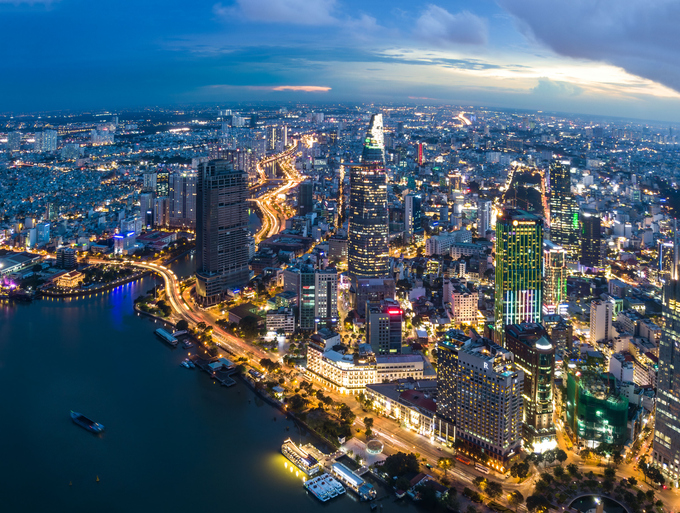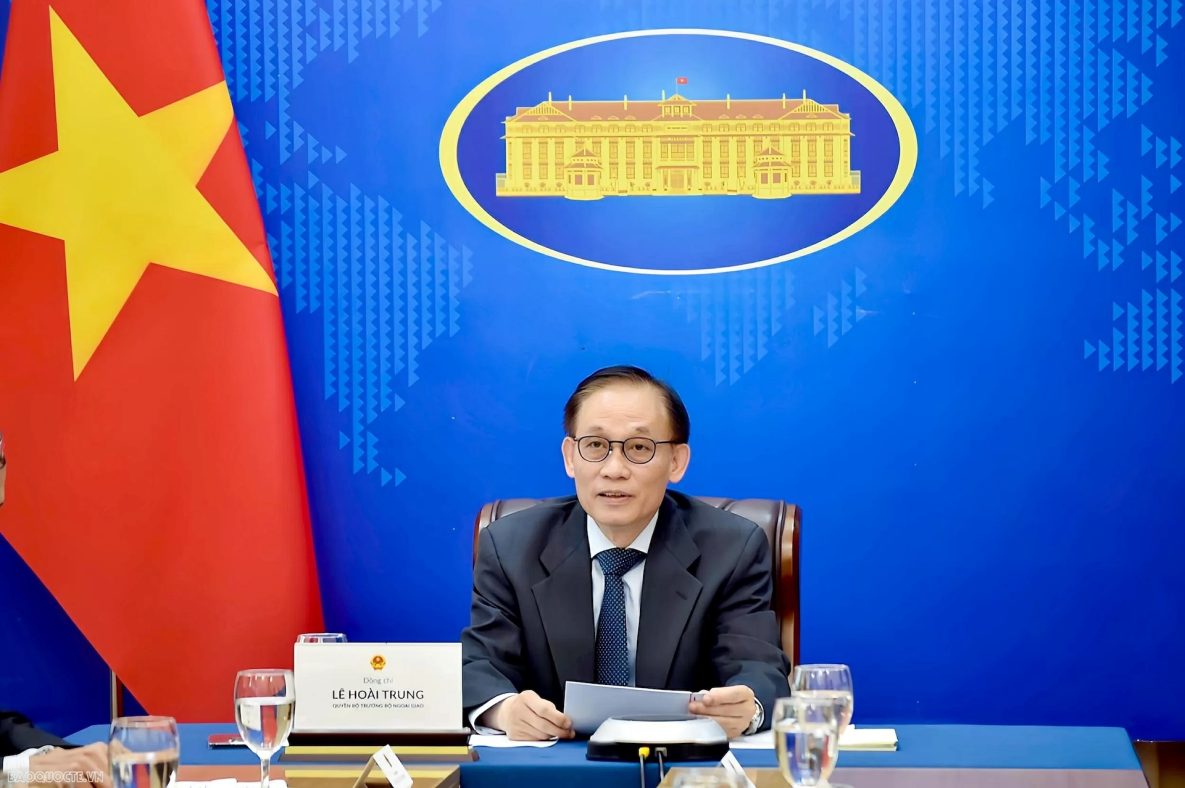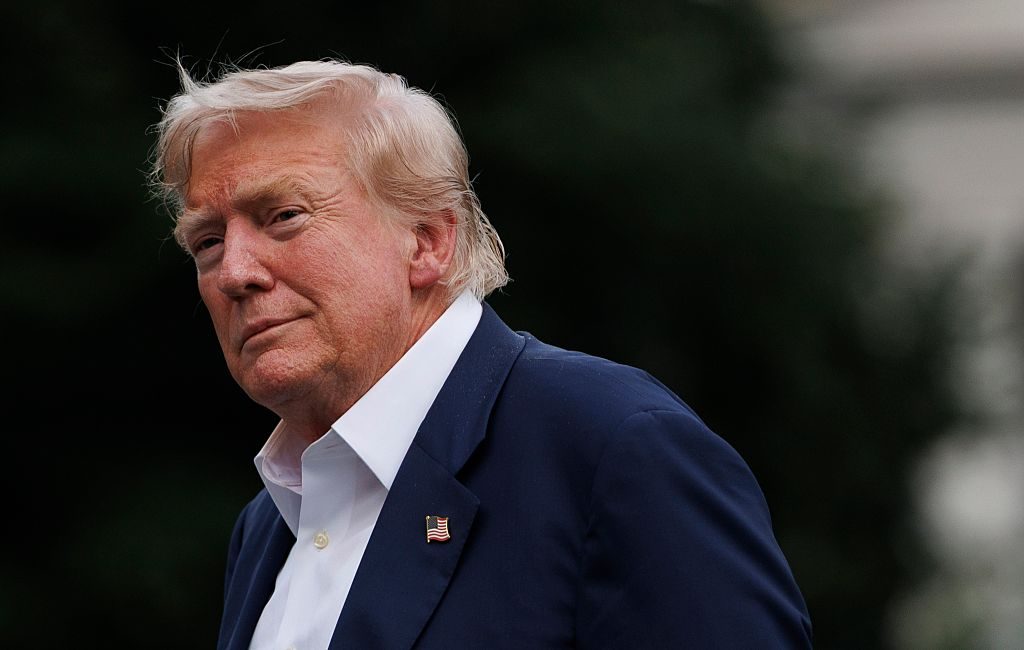Accelerate EU-Vietnam Free Trade Agreement, says MEP Lange
Vietnam and the EU are advancing on trade, technology, and sustainability; as Vietnam becomes a dynamic partner for the EU its time to move faster, says MEP

Vietnam has emerged as one of Asia’s most dynamic economies and an increasingly attractive partner for the European Union, thanks to its rapid economic expansion, youthful population and growing international confidence.
From trade and energy to education and technology, the partnership between Brussels and Hanoi is deepening. As the EU seeks to strengthen its presence in the Indo-Pacific, Vietnam stands out as both a stable gateway to ASEAN and a key interlocutor in a changing global order.
The country’s transformation has been remarkable. In just a few decades, Vietnam has shifted from a centrally planned economy to an open, reform-driven model that champions innovation and international trade.
A thriving partnership
Economic relations between Vietnam and the EU have expanded steadily since the EU-Vietnam Free Trade Agreement (EVFTA) entered into force. The deal has already driven strong growth in bilateral trade, with Vietnam now the EU’s fifth-largest trading partner in ASEAN and a crucial node in global supply chains.
Yet both sides see room for improvement.
“We need to accelerate the implementation of the EVFTA overall,” MEP Bernd Lange, chair of the European Parliament’s Committee on International Trade, told Euractiv. “Approval procedures on both sides should not take so long; investment activities in the field of renewable energy must also be rolled out swiftly.”
Vietnam’s growing private sector is a key engine of this momentum. The government is pushing reforms to foster fair competition, improve labour standards and attract high-quality investment.
“A functioning private sector also requires sound labour relations,” Lange noted, urging continued reform and a better balance between state-owned and private enterprises.
The green and digital frontier
Both the EU and Vietnam recognise the need to align economic growth with sustainability. Vietnam’s abundant potential in renewable energy offers major opportunities for European investors and technology providers.
“Just energy transition and sustainable development are key areas where the EU’s strengths align with Vietnam’s priorities,” Vietnamese Foreign Minister Lê Hoài Trung told Euractiv.
Lange agreed that renewables could become a cornerstone of the next phase in bilateral cooperation: “Vietnam has great potential for generating energy from renewable sources… but these opportunities have been hindered by unclear and lengthy approval procedures. These obstacles need to be removed.”
Beyond the green transition, both sides are increasingly focusing on digital transformation and innovation. With a population of 100 million and a median age of roughly 33, Vietnam’s burgeoning start-up ecosystem and tech-oriented youth make it a promising partner for Europe’s innovation networks.
“A very interesting start-up scene is developing,” Lange said. “The EU and Vietnam could work on this as partners on an equal footing.”
People at the heart of the partnership
While trade and technology dominate headlines, both officials stressed that the human dimension of the partnership remains crucial. Education, vocational training and cultural exchange continue to shape a strong foundation for mutual understanding.
“Cooperation in education, culture and people-to-people exchanges will continue to enhance mutual trust, understanding and empathy,” Minister Lê said.
Lange echoed this view: “Models such as dual vocational training are being received with great interest in Vietnam. Further exchange in the education sector can help generate greater potential in higher education and in digital applications.”
An increasing number of Vietnamese students study in Europe, and many skilled workers gain professional experience there before returning home to support Vietnam’s economic transformation.
A growing regional, global role
As one of ASEAN’s most active members, Vietnam is also shaping regional and global dialogues. With a strategic location and a record of pragmatic diplomacy, Hanoi plays a pivotal role in advancing ASEAN-EU cooperation.
“Vietnam is well-positioned to serve as a bridge in advancing ASEAN-EU cooperation,” said Minister Lê. “We need to seek common ground, minimise differences and harness each side’s strengths to seize new opportunities.”
Lange agreed that Vietnam’s influence within ASEAN is growing: “The EVFTA sets a good example of successful cooperation with the EU, and we are working on strengthening our ties with other ASEAN members.”
A future of shared values
As Vietnam looks ahead to becoming a high-income country by 2045, its partnership with the EU is evolving beyond development assistance to one rooted in innovation, sustainability and strategic trust.
“Maintaining peace and stability remains the foundation for national development,” Minister Lê noted. “Vietnam also seeks to contribute more actively to a fair and equitable international order, upholding traditional values.”
The message from Hanoi and Brussels is clear: Vietnam is no longer just a fast-growing economy in Southeast Asia – it is an essential partner in shaping the future of global connectivity, the green transition and innovation.
(BM)








